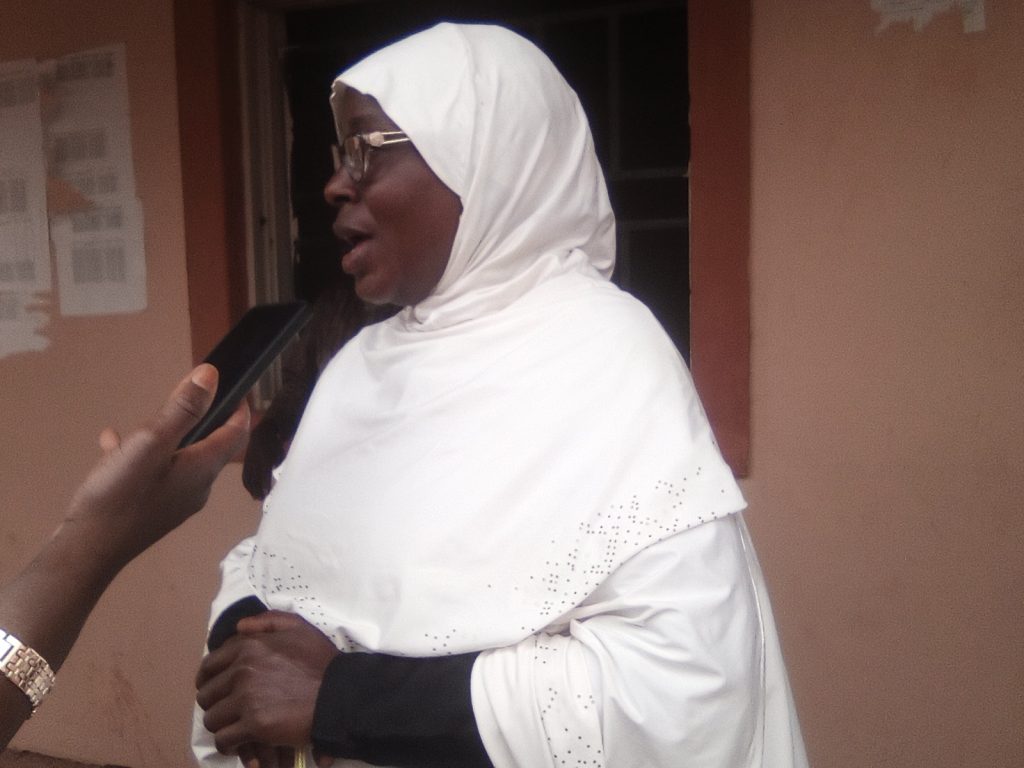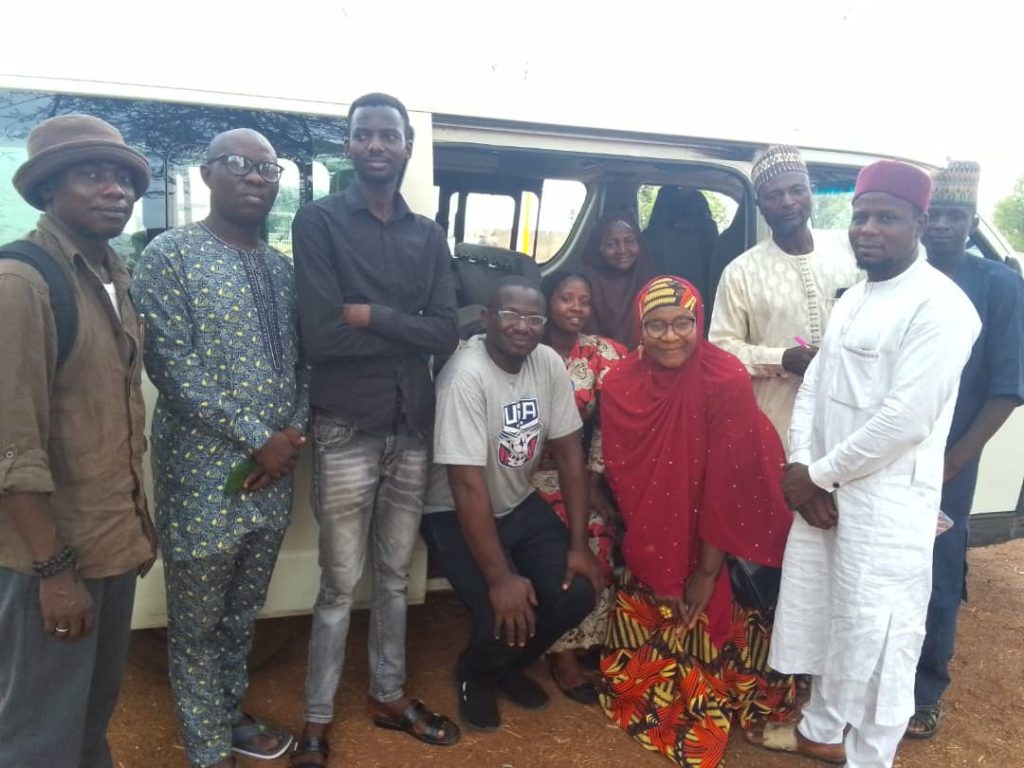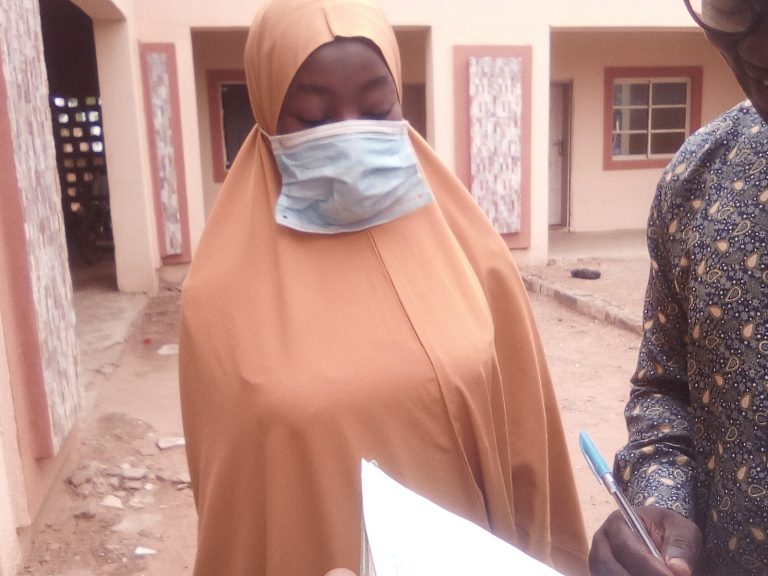In a bid to understand the shifting landscape of family planning in Sokoto State, doctors and journalists embarked on a revealing journey to the Dange Model Primary Health Care Center. Their mission: to uncover the real stories behind women’s use of family planning products.
Empowering reproductive health
Family planning is not just about taking control of when and how many children to have; it is about empowering individuals and couples to make informed decisions about their futures.
With various methods available, from pills to implants, each tailored to different needs and circumstances, the right choice depends on factors like health, lifestyle, and personal preferences.
Mrs. Jummai Haruna who runs the child health program at the Model Primary Health Care Center in Sokoto State said that there are three primary healthcare facilities in Dange. According to her, more women in Sokoto are embracing child spacing now.

“In the past, these women did not pay attention to family planning. even when you take it to them, they tell you blatantly that they do not want family planning. But now, they come on their own to get the family planning commodities.”
Community Impact
Witnessing a surge in women seeking family planning services, Mrs. Haruna notes a significant shift in attitudes towards child spacing, with more women taking charge of their reproductive health.
Haruna said that due to community sensitization, several of the married women in the community are aware of modern family planning methods while 97 per cent of women aged 15 to 49 are aware of it. “Even unmarried women who are sexually active, and those who haven’t had sex, know a lot about these methods.”
Over the past two decades, there’s been a marked increase in women opting for modern birth control methods. From 2000 to 2023, the number of women using modern contraception soared, with an additional 70 million expected to join the trend by 2030. This surge safeguards fundamental human rights and brings significant health benefits.
According to the World Health Organization (WHO), 164 million women of childbearing age did not have access to the contraception they needed in 2021. It states that in 2022, the global contraceptive prevalence of any method was estimated at 65 per cent and of modern methods at 58.7 per cent for women.
Read Also: Residents lament increasing cost of garri
The Health Organization stated that the Sustainable Development Goals (SDG) indicator 3.7.1 stagnated globally at around 77 per cent from 2015 to 2022 but increased from 52 per cent to 58 per cent in sub-Saharan Africa.
Family planning service challenges and solutions
As the demand for family planning services rises, healthcare providers like Asabe Dauda and Hajara Abdullah face new challenges. Despite the overwhelming response from clients, logistical hurdles, such as the availability of supplies pose significant obstacles.
Asabe Dauda, one of the service providers at the Model Primary Health Care Center, Dange said the number of clients coming in for family planning is impressive. “Before, we used to see about 10 or 15 patients daily, but now we have many more patients who want to learn about family planning.”
Stating some of the challenges they face in the facility regarding family planning, Dauda said, “The main challenge we face is when patients buy the family planning products and want to remove them. They need gloves and other supplies. We will appreciate it if The Challenge Initiative (TCI) and other partners will help us with gloves and other supplies.”

Personal testimonials
The impact of family planning goes beyond statistics. It is about real people like Mrs. Sharifah Muhammed, who found solace in contraception after a challenging childbirth experience. Her story echoes the sentiment of many, highlighting the transformative power of reproductive health services in enhancing well-being and reducing stress.
According to Muhammed, making use of contraceptives has been helpful to her, “I had a lot of problems during my first childbirth. That’s why I decided to go for contraception, and it has been helpful to me so far. Now I feel better because there is a good gap between my children. Family planning has helped to reduce stress and health problems.”
Asabe also mentioned that she is using family planning to space out her children, “I have three children, and we are spacing them out by five years. My husband and I both agreed to use family planning products.”
Hajara Abdullah, another service provider at MPHE Dange said she had been able to overcome the family planning hesitancy she felt when the products were first introduced, “Before, my husband and I didn’t want to use the products. But when they explained it to me, I decided to try it. It helped me space out my children.”
Hajara said that after she used the family planning products, she thought she might have some reactions, but there weren’t any. “Now, my husband has peace of mind about not having more children”, she enthused.



